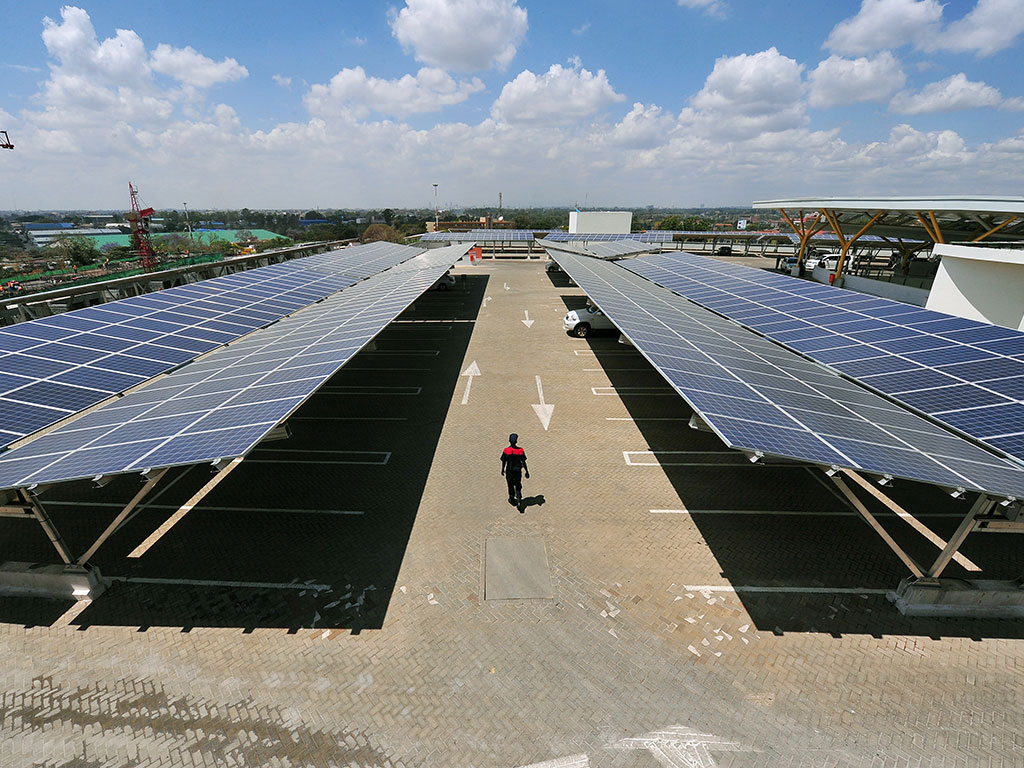Clean power key to emission reduction in poorer nations
A new report argues there is insufficient data and no common methodology to quantify renewables-linked emissions reductions

Solar power in Kenya, Africa. The continent's renewable energy potential is set to grow rapidly, thanks to a $5bn UN initiative
A new report released December 7 by the Gigaton Coalition argues that renewable energy, together with energy efficiency activities, has an important part to play in narrowing the emissions gap in poorer countries. The voluntary framework, made up of the Norwegian Ministry of Foreign Affairs and the UNEP, took to analysing 6,000 renewables and energy efficiency projects in the hope that they might better understand and quantify renewables-linked emissions reductions.
“Renewable energy (RE) and energy efficiency (EE) programs in developing countries make significant contributions towards closing the GHG emissions gap,” according to the report. “Developing countries are investing in renewable electricity generation, particularly through solar, wind, and hydropower, and tackling energy efficiency in a range of sectors, from lighting to industry. Insufficient data, however, has thwarted previous attempts to quantify these initiatives’ contribution toward meeting global mitigation goals.”
By extrapolating information from 6,000 renewables and efficiency projects, the Gigaton Coalition has established a formidable data set on which future decisions can be based
By extrapolating information from 6,000 renewables and efficiency projects, the Gigaton Coalition has established a formidable data set on which future decisions can be based. Looking at $730bn in renewables projects over the 2004-2014 period, the report states that these 42 projects could make a CO2 emissions saving of 1.7Gt per year by 2020. Nonetheless, the numbers are a matter of debate, and will continue to be so for as long as policymakers neglect the issues of data collection and methodology.
The Gigaton Coalition’s next step is to work alongside stakeholders and develop a framework to quantify the impact of renewable energy and energy efficiency projects in developing countries. Writing in the report, Børge Brende, Minister of Foreign Affairs Norway, and Achim Steiner, UNEP Executive Direcyor, wrote: “Our shared objective is clear: to become a driving force in promoting enhanced action for a sustainable low-carbon and climate resilient future.”
The report coincided with the unveiling of a new $5bn UN initiative to expand renewable energy capacity in Africa. Speaking at the unveiling, UN Secretary-General Ban Ki-moon called the plan a triple-win in the fight against climate change and stressed that clean energy was important for ending extreme poverty.
While representatives from over 190 countries gather in Paris to reach a shared agreement on climate change, The New Economy will be at the Sustainable Innovation Forum to expand on the role and responsibilities of business. Check back for video updates from the event as they happen.













